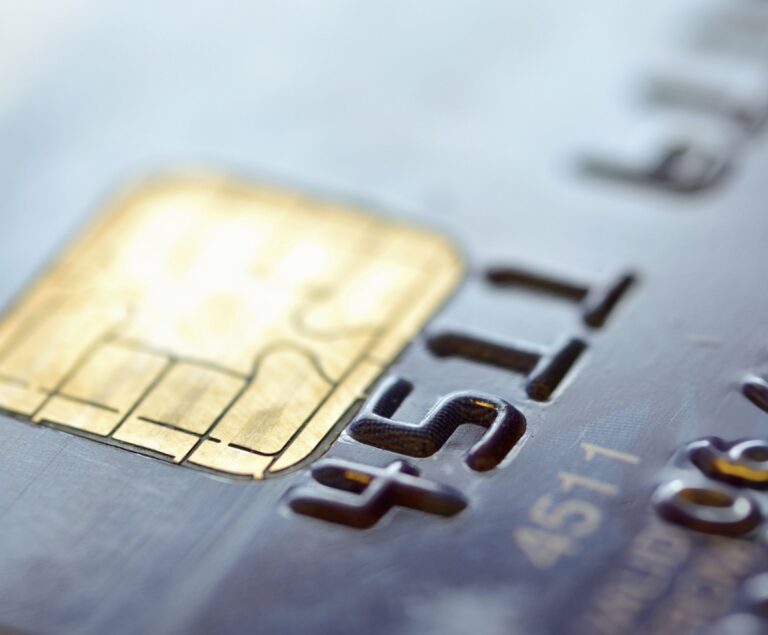The best prepaid cards have been around for over two decades, but recent advancements in technology have transformed the way we use and think about these financial tools. From contactless payments to blockchain-based platforms, there are a variety of emerging trends and technologies that are shaping the future of the best prepaid cards.
Contactless Payments
Contactless payments have been around for a few years now, but they have become even more popular in the wake of the COVID-19 pandemic. Contactless payments allow users to make purchases without physically touching a payment terminal, reducing the risk of spreading germs. Many prepaid card providers have already adopted contactless payment technology, and this trend is likely to continue in the future.
Mobile Wallet Integration
Mobile wallet integration is another trend that is likely to shape the future of prepaid cards. Mobile wallets allow users to store their payment information in a digital format, making it easier to make purchases and manage their finances. Many prepaid card providers are already integrating their cards with popular mobile wallets like Apple Pay and Google Pay, and this trend is likely to continue as more consumers embrace mobile payments.
Blockchain-Based Platforms
Blockchain technology is already disrupting the financial industry, and prepaid cards are no exception. Blockchain-based platforms offer a number of advantages over traditional prepaid card systems, including enhanced security, faster transaction times, and lower fees. Some companies are already using blockchain technology to power their prepaid card platforms, and this trend is likely to continue as more businesses explore the potential benefits of this innovative technology.
Artificial Intelligence
Artificial intelligence (AI) is another technology that is likely to have a major impact on the future of prepaid cards. AI can be used to analyze transaction data and identify patterns, allowing prepaid card providers to offer more personalized services to their customers. AI can also be used to identify potential fraud and other security threats, making prepaid cards even more secure and reliable.
The Internet of Things
The Internet of Things (IoT) is a network of interconnected devices that are able to exchange data with each other. The IoT is already transforming the way we interact with the world around us, and it is likely to have a major impact on the future of prepaid cards as well. For example, prepaid cards could be integrated with smart home devices, allowing users to make purchases or manage their finances using voice commands or other IoT-enabled features.
While the emerging trends and technologies in the prepaid card industry offer a lot of promise, they also present some challenges. For example, the adoption of new technologies can be slow and costly, and not all consumers may be ready or willing to embrace them. Some emerging technologies may be more susceptible to fraud or other security threats, which could undermine consumer confidence in prepaid cards.
However, there are also significant opportunities for prepaid card providers who are able to successfully navigate these challenges. For example, by embracing new technologies, prepaid card providers can offer their customers more convenient and secure services, which can help to differentiate them from competitors. Additionally, emerging technologies can help prepaid card providers to expand into new markets or offer new types of services that were not previously possible.

